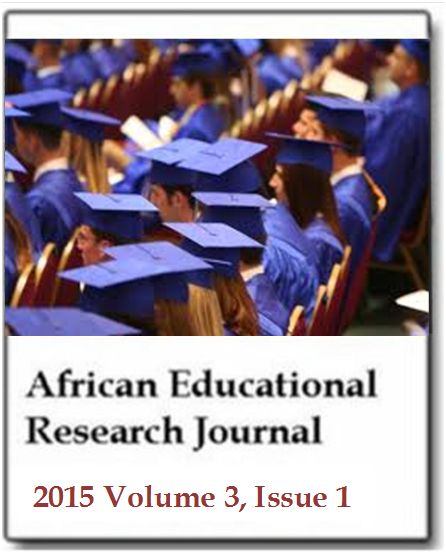Community involvement in the incentive to alcohol consumption among school students in Portugal
Jorge Bonito and Maria BonéAfrican Educational Research Journal
Published: January 19 2015
Volume 3, Issue 1
Pages 9-17
Abstract
The debut in alcohol consumption among young people is becoming a reality with ascending precocity. The Portuguese society has been traditionally tolerant in this area. This study sought to understand the role of personal and social involvement in alcohol consumption, among young students of the municipality of Estremoz (Portugal) who share work and leisure spaces. A qualitative research was developed, using the direct method of data gathering. An interview guide was drafted, comprehending the personal, environmental and socio cultural dimensions. The sample consisted of fifteen student consumers from 8th, 10th and 12th grades from the secondary school. There is a practice of selling alcohol to young people under 16 years old, in various locations around the country and a first contact with the intake at the ages between 12 and 16 years old, in a nocturnal party environment in the company of friends. It is inferable a tolerant behavior of family members towards moderate intake of alcoholic beverages, providing money for parties where alcohol is present and the lack of control on incurred expenses. The influence of the group of peers, tacit or explicit, potentiates consumption. Despite the unpleasant consequences of alcohol ingestion, families condone, or tacitly approve, that their young even under 16, taste several drinks, encouraging them to drink moderate amounts on festive occasions or leisure time. The communication controlled by the community that promotes consumption prevails over the other, oriented to the choice and maintenance of healthy practices, hindering risk behavior.
Keywords: Alcohol, youth, family, community, consumption.
Full Text PDF
